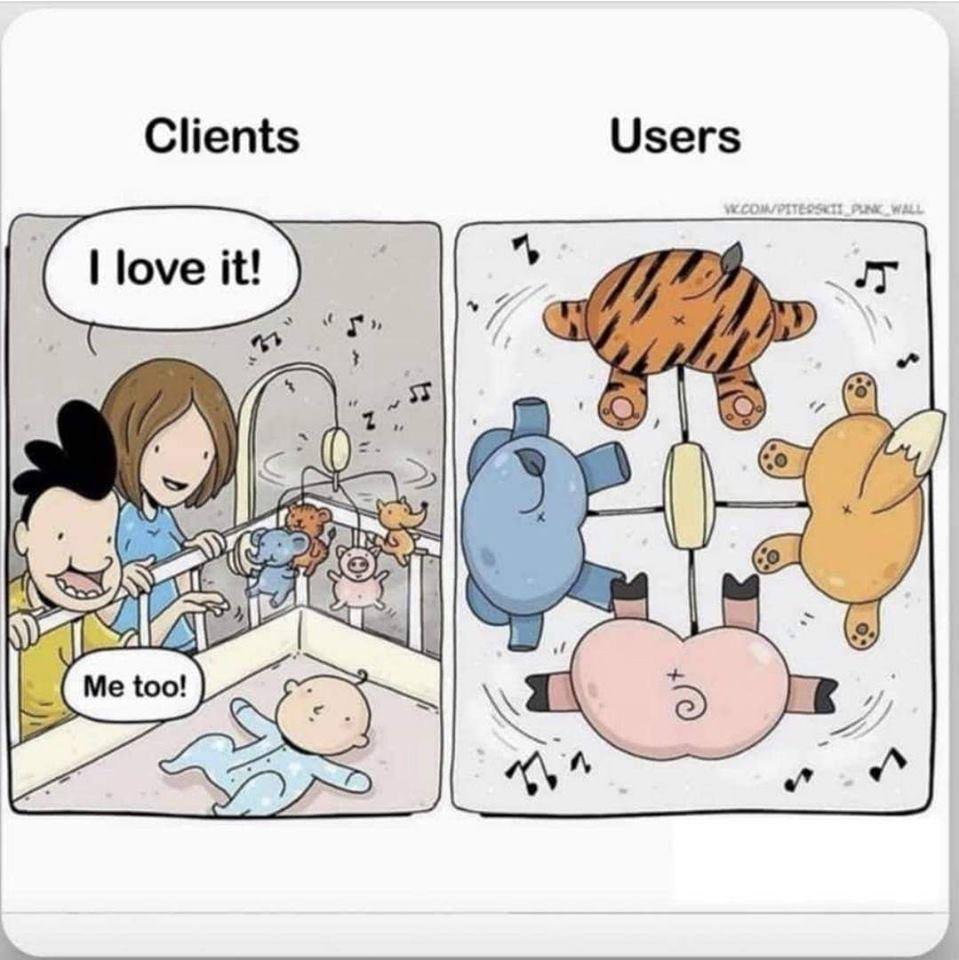this post was submitted on 15 Sep 2024
1086 points (98.7% liked)
Comic Strips
12568 readers
5223 users here now
Comic Strips is a community for those who love comic stories.
The rules are simple:
- The post can be a single image, an image gallery, or a link to a specific comic hosted on another site (the author's website, for instance).
- The comic must be a complete story.
- If it is an external link, it must be to a specific story, not to the root of the site.
- You may post comics from others or your own.
- If you are posting a comic of your own, a maximum of one per week is allowed (I know, your comics are great, but this rule helps avoid spam).
- The comic can be in any language, but if it's not in English, OP must include an English translation in the post's 'body' field (note: you don't need to select a specific language when posting a comic).
- Politeness.
- Adult content is not allowed. This community aims to be fun for people of all ages.
Web of links
- !linuxmemes@lemmy.world: "I use Arch btw"
- !memes@lemmy.world: memes (you don't say!)
founded 1 year ago
MODERATORS
you are viewing a single comment's thread
view the rest of the comments
view the rest of the comments

Well, that's the thing, it's often the case that whilst the client is supposedly doing it for their users, in practice it's not and is doing it for other reasons.
Mind you, I think that is more common when the software is being developed for a client which is basically a Manager in the same company as the users of the software (for example in In-house Development or Consultancy work developing a solution for a company) were in the absence of the very clear pressure vector which is the customers not buying the product (internal end-users are almost never given a choice to use or not that software, though they can at times informally boycot software they think hinders their work and get the project killed) things are often designed for the Manager rather than for the Users.
(Note that this is not necessarily done in a knowing purposeful way: it's just that when it's some external manager providing the requirements to the developers for the software being made for the area that managers overseens - though sometimes it's even more indirect - things tend to be seen from the perspective of said manager not the end-users, hence designed to match how that manager sees things and thinks things work, which is often different from how the actual users see things. This cartoon perfectly illustrates that IMHO - it looks fine for the "manager" whilst looking quite different for the "end-user").
Even is B2C you see that: notice the proliferation of things like Microtransactions in Games, which are hardly the kind of thing gamers - who are the end-users of games - wanted to have but which definitelly the management of the big Publishers wanted.
More examples: